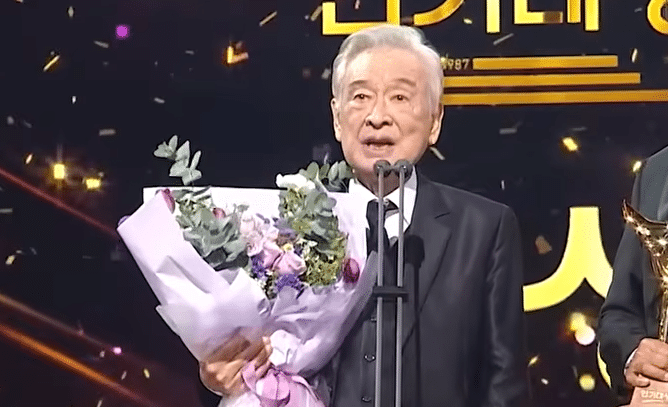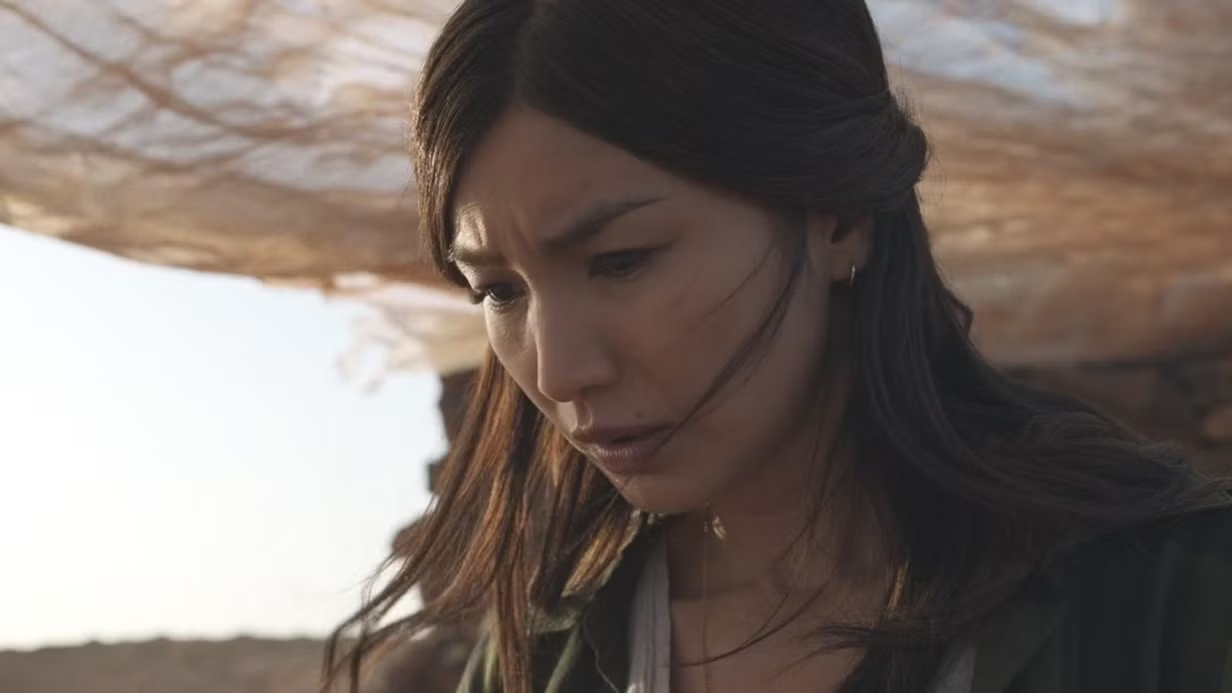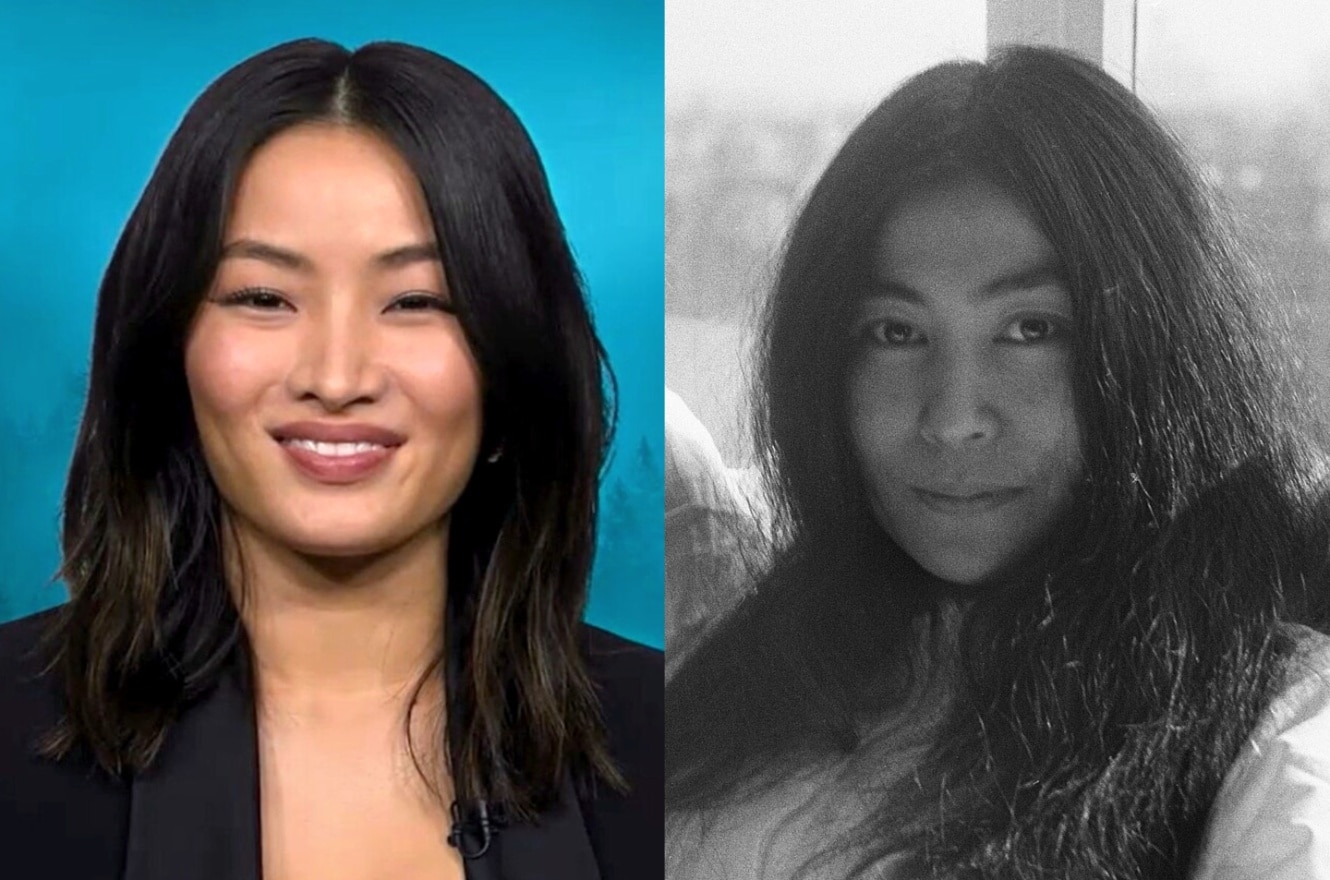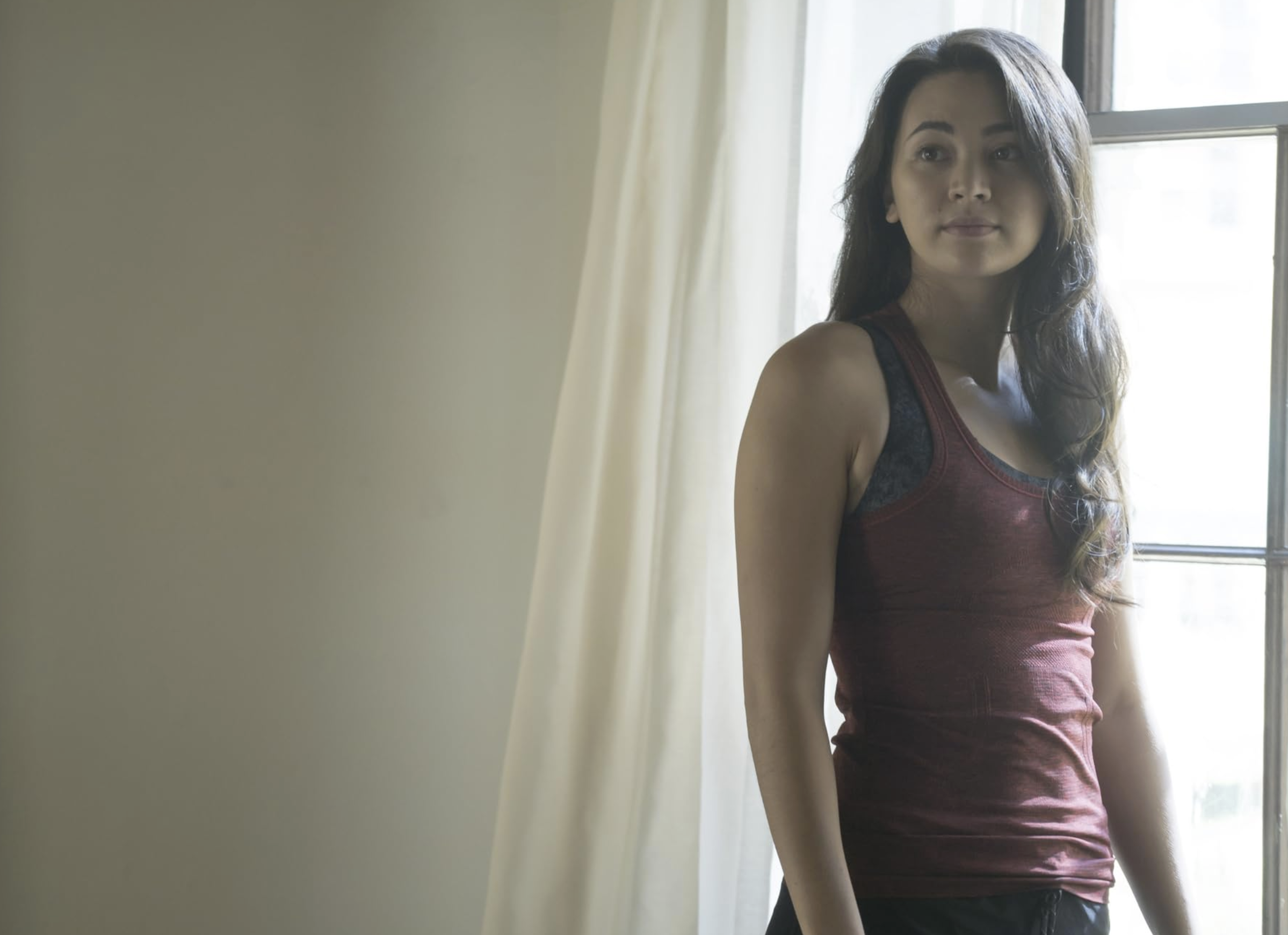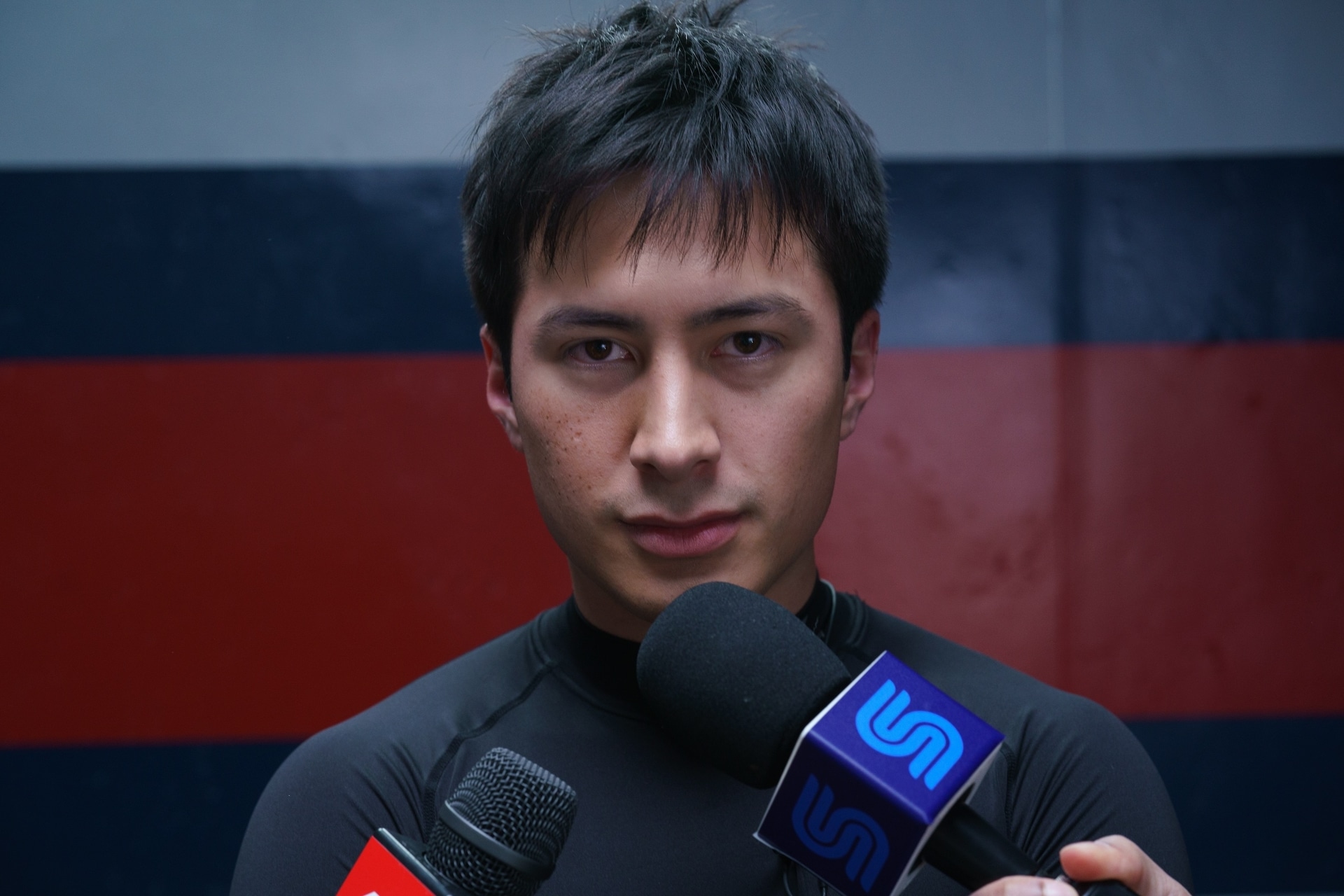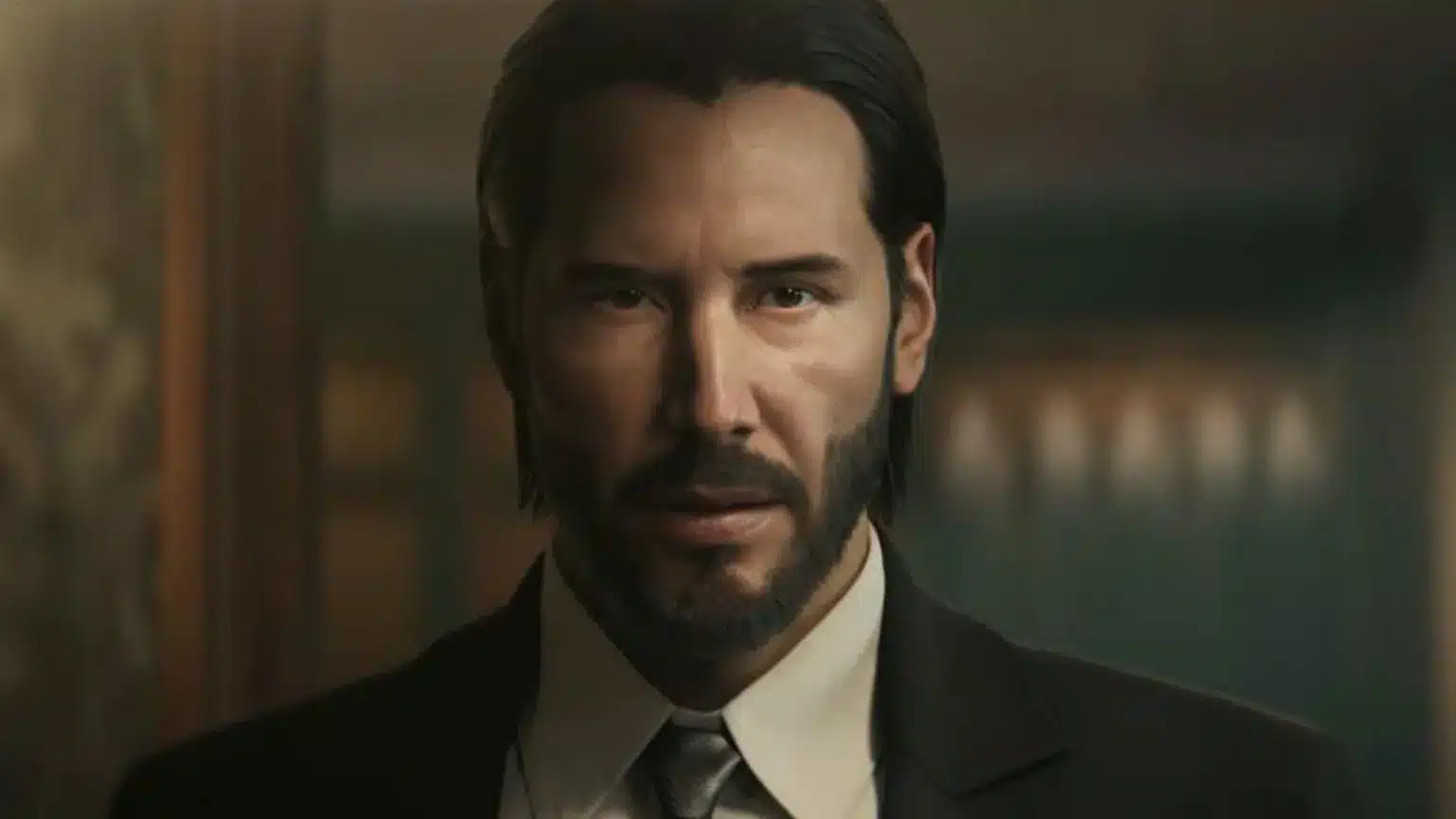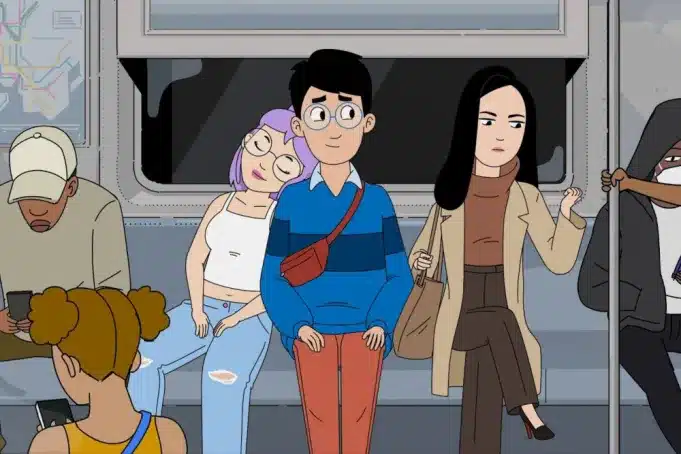Veteran actor Lee Soon-jae, one of South Korea’s most enduring cultural figures, has died at the age of 91. His family announced his passing on 25 November 2025.
Over more than six decades, Lee became a mainstay of the nation’s screens and stages – clocking roughly 140 television dramas alongside a formidable slate of films and theatre work. Age never slowed him. He continued performing across TV, film and stage well into his late 80s, staying active until health issues forced him to step away midway through Waiting for Waiting for Godot in late 2024.
His final screen performance came in KBS’ Dog Knows Everything, which aired in September and October 2024. Just months later, he accepted the broadcaster’s top acting honour at its annual awards ceremony, before finally taking the rest he had long deferred.
Across a 69-year career, Lee carved out characters that became part of Korean pop-cultural DNA – from the stern yet sly Daebal’s Father to the cheeky Yadong Soon-jae and the globe-trotting “Grandpa Over Flowers” persona that introduced him to an entirely new generation.
A craftsman to the end, he often reminded audiences that “a lifetime of acting still isn’t enough”, approaching every project as though it might be his last. With his passing, that lifetime has taken its final bow.
From Olivier devotee to Korea’s on-screen “father”
Born in 1934 in Hoeryong – now part of North Korea – Lee moved with his family to Seoul before the Korean War. He lived through liberation as a schoolboy and war as a teenager, witnessing the rapid transformations that would later shape Korean society and its arts.
At Seoul National University, philosophy studies led him to cinema. A screening of Laurence Olivier’s Hamlet changed everything.
He joined the Theatre Libre troupe in 1956, debuting in a Korean staging of Eugene O’Neill’s Beyond the Horizon. After graduating in 1960, he helped establish Experimental Theater, Korea’s first collective-artist troupe.
Broadcasting followed in 1961, starting with I, Too, Will Become Human, the launch drama of KBS. By 1965, he was one of the first contracted actors at TBC, placing him right at the centre of the country’s fast-forming television landscape. At one point, he appeared in more than 30 productions in a single month.
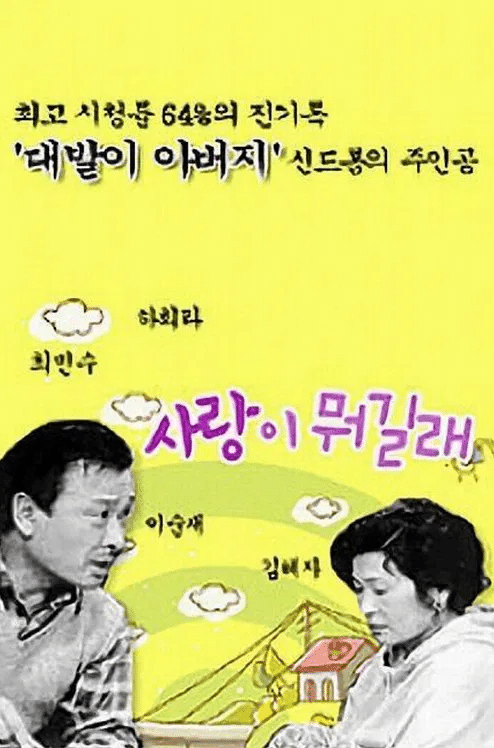
One of his most defining roles arrived in the hit family drama What on Earth Is Love? (1991–1992), which achieved a staggering 65% viewership rating and cemented him as Korea’s quintessential strict-but-loving father figure. Its success even propelled him briefly into politics: He won a National Assembly seat in 1992 under the then-ruling Democratic Liberal Party. Even as a lawmaker, he continued acting.
Historical dramas followed, including roles in Hur Jun (1999), Sangdo (2001) and Lee San (2007), each further expanding his legacy.
Reinvention, sitcom superstardom and the nation’s grandpa
Never content to settle, Lee found fresh momentum in his 70s through sitcoms High Kick! (2006) and High Kick Through the Roof (2009), charming a new crowd with his comedic timing.
His leap into unscripted TV came through star producer Na Young-seok. On the travel reality show Grandpas Over Flowers (2013–2018), Lee moved with a sprightly energy that surprised many – earning him a new nickname, “Straight-Ahead Soon-jae”, for his brisk, determined stride. Viewers saw him unfiltered for the first time: principled, humorous, and quietly exacting.

During the show’s third season, he memorably said, “If you sit down and demand deference just because you’re old, that’s when you grow old and stagnant. As long as I can still do it, I will.”
The sentiment resonated deeply amid a generation grappling with burnout. Lee’s discipline, humour and drive embodied the kind of elder many wished society had more of.
Final curtain on stage
Lee continued performing into his late 80s, becoming the oldest recipient of the KBS Drama Awards’ top prize in 2024.
The stage remained his artistic home. He delivered acclaimed turns in Salut d’Amour (2016), The Student and Mister Henri (2017) and King Lear (2021, 2023), commanding the stage for nearly 200 minutes in the Shakespearean epic. In 2023, he made his directorial debut with a Korean production of Chekhov’s The Seagull, leading younger actors onto the stage with him.
But in October 2024, his health faltered during Waiting for Waiting for Godot, prompting doctors to advise several months of rest. That autumn, his performance in Dog Knows Everything earned him yet another milestone: becoming the oldest winner of KBS’ top acting award.
“Opportunities come if you keep preparing,” he said tearfully while accepting the honour. “Living this long, such a day eventually arrives. I want to say to the viewers watching that I have depended on you, learned from you and received so much from you all my life.”
For Lee, acting was always “a source of vitality.” At the 60th Baeksang Arts Awards in 2024, he added: “Even if you’re bedridden with aches and chills, when someone says ‘Ready, go,’ you must rise — that is an actor’s life force. Acting can be done well, but it can never be perfected.”
His commitment shaped decades of mentorship; until recently, he taught acting at Gachon University.
Lee is survived by his wife and two children.

